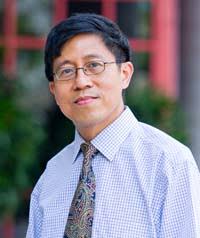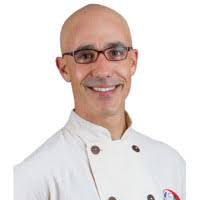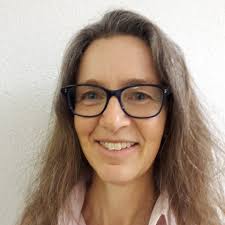The 2nd International Workshop "Data Engineering Meets
intelligent food and Cooking Recipes"
http://research.nii.ac.jp/decor/decor2019.html
Click
Here >>>>> registration to DECOR 2019
Enjoy the coming DECOR Workshop 2019 !!!!!!!!
>>>>>>>Preliminary DECOR 2019@ICDE program 8 April 2019
SPECIAL TASTING EVENT on April 9th 2019 lunch time (limited to 12 attendees)gastronomy tasting of Macau cuisine
registration and detail of the event: andres@nii.ac.jp or mcleite@mail.usf.edu
Keynote
and Special Speakers
Academia Keynote:
Prof. Chong-Wah NGO, Hong
Kong City University, Department of Computer Science


Experimental and
Tasting Track:
Dr. Jeannette Nuessli Guth, ETH
Zürich. Department of Health Science and technology,
Switzerland

The Second Workshop on Data Engineering meets intelligent food and COoking Recipes (DECOR) aims to accelerate research in data science by providing a forum for the latest innovations in the intersection of Data Engineering and Intelligent Food and Cooking Recipes, concerning data and software organization, integration, and sharing. This workshop is specifically focused on data science innovations that accelerate the integration, access, and sharing of digital objects in support of Intelligent Food and Cooking Recipes domain, which comprises not only the process of cooking, but also includes intelligent methods for enhancing human-food interactions, ranging from devising technology, playful interactions, multisensory experience design, understanding cross-cultural food eating habits and perception, as well as food choices and health connections. Consequently, increasing the ability of influencing food eating habits and choices that promote, simultaneously, healthful eating-decisions and creative new human-food interaction experiences.
The goal of the workshop is to provide concrete contributions in developing model design, technologies and presenting intelligent data management tools supporting Intelligent Food and Cooking Recipes processes. Authors will be encouraged to submit contributions addressing a range of topics in the intersection of Data Sciences and Intelligence Food. In addition to primary investigations applying advanced analytic pipelines to data already stored in repositories, desirable contributions also include the reports of the full set of digital objects that are produced. These digital objects might include original data, software, software pipelines, models, workflows, containers, virtual machines, intermediary data, and metadata strategies.